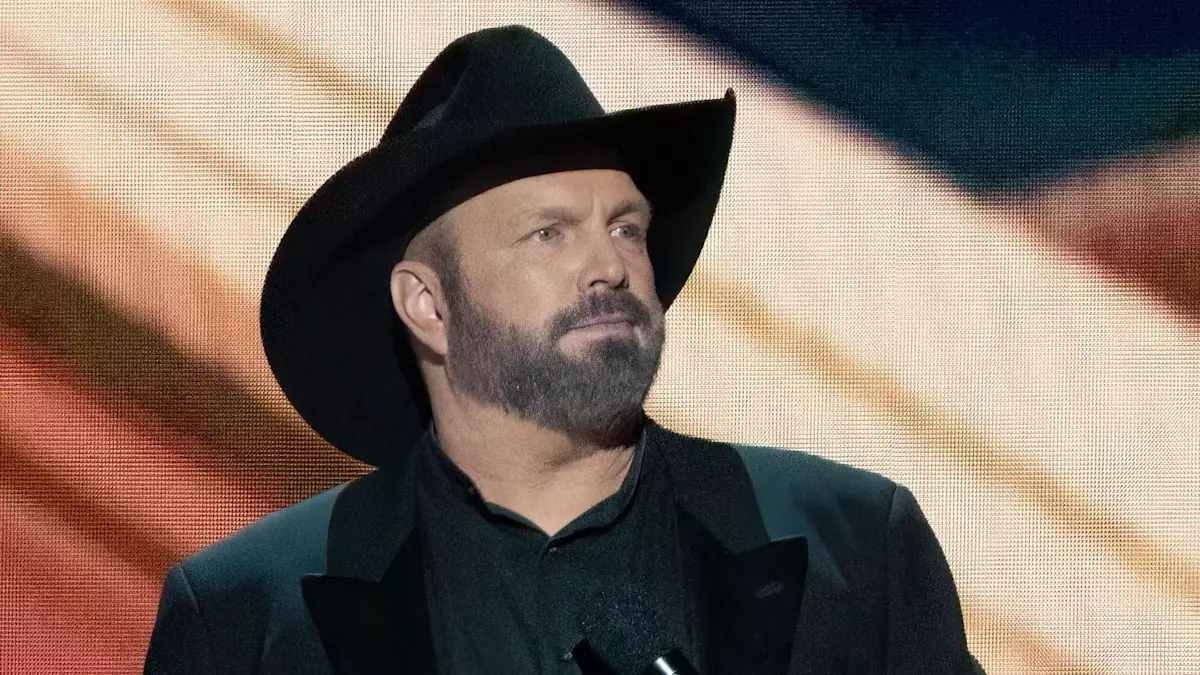Recent headlines have inevitably turned a spotlight on the beloved figure of country music, Garth Brooks, following serious allegations made by an unnamed woman, referred to as Jane Roe. This lawsuit claims that Brooks, throughout various incidents over the years, has engaged in unprofessional behavior that escalated to heinous criminal acts. This situation raises profound questions about the celebrity culture surrounding artists like Brooks, as well as the issue of accountability within the entertainment industry.
The woman claims she began working for Brooks in 2017 as a hairstylist after having a previous connection when she was employed by his wife, Trisha Yearwood. Allegations include serious accusations of rape and inappropriate sexual behavior, suggesting a shocking duality between Brooks’ public persona and private conduct. Brooks has vehemently denied all charges leveled against him, portraying himself as a target of extortion rather than as a perpetrator.
In a statement released to the press, Brooks outlined his feelings surrounding the allegations. He depicted the last several months as an ordeal filled with relentless stress and threats, asserting that the lawsuit feels akin to having a weapon aimed at him; an ordeal that no one should endure. His sentiments were anchored in the belief that paying hush money would not only tarnish his integrity but also imply guilt for actions he insists he would never commit.
Brooks’ approach incorporates a preemptive legal measure, as he filed a lawsuit in Mississippi seeking to halt the publication of what he deems false allegations. He labeled the accuser an “extortionist,” an assertion that highlights his desire to reclaim authority over his narrative amidst the swirling storm of public opinion.
The alleged incidents, as noted in the complaint, detail a progressively alarming picture of misconduct culminating in claims of sexual assault during a 2019 trip to Los Angeles. If credible, the accusations suggest a troubling environment where a prominent figure may have exploited his power over a subordinate. The emotional toll on the accuser is poignantly highlighted by her claims of contemplating suicide as a result of this alleged trauma—a tragic insight into the psychological scars that can accompany such violations.
Brooks’ denials, while firm, prompt reflection on how public figures navigate allegations that could irrevocably alter their professional landscape. The human toll of these situations extends far beyond legal ramifications, encapsulating a sense of betrayal, confusion, and fear experienced by those on both sides of the equation.
This incident not only places Garth Brooks under scrutiny but also serves as a reminder of the pervasive issue of sexual misconduct across various sectors, including country music. Lawyers representing Jane Roe, Wigdor LLP, emphasized that predatory behavior is not confined to Hollywood or the rap scene but is also prevalent in the ranks of country music, a genre often associated with wholesome narratives.
Their statements encourage open dialogues about misconduct and stress the importance of supporting those who bravely come forward. This applies broadly to industries where power dynamics favor abusers. In light of this, the reaction and subsequent accountability in the wake of such allegations define both the future of the accused and the overall health of the industry.
As Garth Brooks continues to navigate this challenging chapter, broader societal discussions around consent, power, and accountability remain vital. The complexity of fame complicates these scenarios, as public figures often find themselves fighting against narratives that could forever shift perceptions of their character.
Brooks’ illustrious career, spanning decades and marked by numerous accolades, now faces a trial by public opinion alongside legal battles. As fans and observers digest this evolving situation, the focus remains on justice, truth, and healing for everyone involved. The future of Brooks’ career hinges not just on the legal outcomes, but on the crucial discussions that rise from the ashes of these serious allegations.
Ultimately, the story possesses layers of complexity that serve as a reminder: fame does not shield one from consequences, nor does it absolve the need for accountability. For Garth Brooks, the road ahead is fraught with challenges as he contends with the weight of allegations that threaten to overshadow his contributions to music and culture at large.

